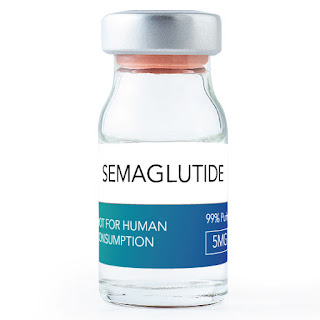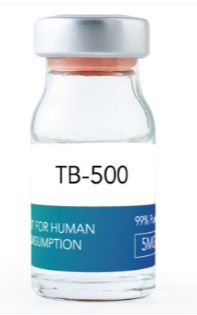The Science Behind Peptides for Muscle Growth and Repair
Peptides have become a subject of great interest in the fitness and bodybuilding communities, as they have been shown to be highly effective in promoting muscle growth and repair. Nevertheless, the potential benefits of these compounds have generated widespread excitement among fitness enthusiasts and professional athletes alike. In this article, we will explore the latest research on peptides for muscle growth and repair, examining their potential applications in the field of sports performance and beyond.
What are Peptides?
Peptides are short chains of amino acids, which are the building blocks of proteins. Peptides can be derived from either food or produced naturally in the body. Peptides are essential for various biological functions such as muscle growth and repair, hormone regulation, and immune function.
Peptides for Muscle Growth:
Peptides play a crucial role in muscle growth. One of the most well-known peptides for muscle growth is the growth hormone-releasing peptide (GHRP). GHRP stimulates the release of growth hormone, which is responsible for the growth and repair of muscles.
Another essential peptide for muscle growth is the insulin-like growth factor-1 (IGF-1). IGF-1lr3 1MG is a hormone that is produced in the liver and plays a vital role in muscle growth and repair. IGF-1 stimulates the growth of new muscle cells and promotes the repair of damaged muscle tissue.
Peptides for Muscle Repair:
Peptides are also essential for muscle repair. One of the most well-known peptides for muscle repair is the BPC-157 peptide. BPC-157 is a peptide that is naturally occurring in the body and plays a vital role in the healing of muscle and tendon injuries.
BPC-157 has been shown to increase the production of collagen, which is a critical component of muscle and tendon tissue. Collagen is responsible for providing strength and support to muscles and tendons, and an increase in collagen production can lead to faster healing and recovery times.
Peptides for Recovery:
Peptides can also be used to aid in muscle recovery after intense workouts. One of the most well-known peptides for muscle recovery is the TB-500 peptide. TB-500 is a peptide that is naturally occurring in the body and plays a vital role in the healing of muscle tissue.
TB-500 5mg has been shown to increase blood flow to damaged muscle tissue, which can lead to faster healing and recovery times. TB-500 can also stimulate the growth of new blood vessels, which can further aid in the healing process.
Peptides for Fat Loss:
Peptides can also be used to aid in fat loss. One of the most well-known peptides for fat loss is the melanotan II peptide. Melanotan II is a peptide that stimulates the production of melanin in the body, which can lead to increased fat burning.
Melanotan II has been shown to increase the body's metabolic rate, which can lead to increased fat burning and weight loss. Melanotan II has also been shown to decrease appetite, which can lead to reduced calorie intake and further aid in weight loss.
Peptides for Anti-Aging:
Peptides can also be used to aid in anti-aging. One of the most well-known peptides for anti-aging is the GHK-Cu peptide. GHK-Cu is a peptide that is naturally occurring in the body and plays a vital role in the healing and rejuvenation of skin cells.
GHK-Cu has been shown to stimulate the production of collagen, which can lead to the reduction of fine lines and wrinkles. GHK-Cu can also increase the production of elastin, which can lead to tighter and more youthful-looking skin.
You can use these peptides: -
Peptides and Side Effects:
Peptides are generally considered safe and have minimal side effects. However, as with any supplement or medication, there are potential side effects to be aware of.
Some of the potential side effects of peptides include:
- Headaches
- Nausea
- Dizziness
- Fatigue
Peptides and Dosage:
It is essential to understand the proper dosage when taking peptides. The recommended dosage will vary depending on the specific peptide being used and the intended use. It is crucial to follow the recommended dosage guidelines to avoid any potential side effects.
Peptides are typically administered via injection or as a topical cream. It is essential to follow the recommended administration method and to properly sanitize injection sites to avoid any potential infections.
Conclusion:
Peptides play a vital role in muscle growth, repair, recovery, fat loss, and anti-aging. Peptides such as GHRP-2 5MG, IGF-1, BPC-157, TB-500 5mg, melanotan II, and GHK-Cu have been shown to have various benefits in the fitness and bodybuilding community. It is important to understand the proper dosage and administration methods when taking peptides to avoid any potential side effects. While peptides are generally considered safe, it is always recommended to consult with a healthcare professional before starting any new supplement or medication.
In conclusion, peptides for muscle growth are a valuable tool in achieving optimal muscle growth and repair, and overall health and wellness. With proper use and guidance, peptides can provide significant benefits to those looking to enhance their fitness and bodybuilding goals.



Comments
Post a Comment